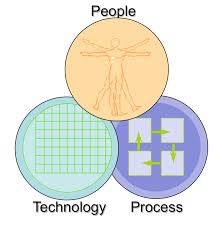Start Date:
06 August, 2024.
End Date:
08 August, 2025.
It is now widely accepted that proper safety systems should be implemented on projects to reduce the risk of injury. A similar systematic approach should be adopted in relation to corruption. To minimize the risk of corruption on projects, public and private sector project owners should ensure that project anti-corruption systems are implemented on their projects which impact on all project phases and on all major project participants.
At the end of this session, participants will be able to:
- Identify bribery, extortion, fraud, deception, collusion, cartels, abuse of power, embezzlement, trading in influence and money laundering;
- Demonstrate such skills to tackle these criminal offences in most jurisdictions;
- Apply the methods to minimize the risk of corruption on projects and its impact on major projects stakeholders.
Course Outline:
The training would cover the following subjects
- The types of corruption (e.g. bribery, fraud, cartels)
- The reasons why corruption should be avoided
- The applicable laws and penalties for corruption offences in both the organization's home jurisdiction and in the jurisdictions where it conducts business
- The organization’s anti-corruption program;
- The organization’s policy on donations, gifts, hospitality
- The organization's policy on facilitation payments
- Detailed examples of the type of conduct which would constitute a breach of the law and/or the organization’s anti-corruption code
- Guidance on “red flags” which would warn the employee about likely corrupt conduct
- Guidance on what to do when confronted with corruption
- The organization’s reporting procedures for employees
- The organization's investigatory and disciplinary procedures.








